Governance: Part 2 – Corporate Culture and Business Conduct
Governance is primarily covered in the ESRS G1 Business Conduct section of the European Sustainability Reporting Standards framework (ESRS, November 2022 draft). Requirement G1-1 represents one of its six main areas. In this article, we cover the information required for reports under the G1-1 Corporate Culture and Business Conduct requirement.
The importance of the G1 standard is described in the first part of the Governance series.
Obviously, the Governance standards (including Requirement G1-1) need to be considered within the remaining ESRS standards, in particular ESRS 1 (General Principles) and ESRS 2 (General Requirements), and other regulations including those outside ESG legislation.
What will businesses be required to report under Requirement G1-1?
Businesses will have to disclose its initiatives to establish, develop, and promote a corporate culture, as well as its business conduct policies. According to ESRS G1, corporate culture means the goals of a business are defined through its values and convictions or, for example, by codes of ethics that governs how the company operates.
The objective of Requirement G1-1 is to report on how the business’s executive, management, and supervisory bodies participate in forming, monitoring, promoting, and assessing corporate culture. It should also reflect the business's ability to mitigate any negative impacts while maximizing its positive impacts related to its business activities, and to monitor and manage the associated risks.
The information should also include a strategy to foster corporate culture, as well as how this strategy is implemented and evaluated.
What exactly will a business have to report?
Under Requirement G1-1, businesses will have to report the following information:
- A description of the mechanisms for identifying, reporting, and investigating concerns about unlawful behaviour or behaviour in contradiction to its code of ethics or similar documents. The information must include information on whether the business allows reporting from internal and/or external stakeholders
- Anti-corruption and anti-bribery policies consistent with the UN Convention Against Corruption. If the business has no such policies, it must state this condition and whether it has plans to implement them (including a timetable for implementation)
- Safeguards for reporting irregularities, including whistle-blower protections that:
- Protect its workers who refuse to act unethically, even if this refusal may result in a loss of business
- Prevent retaliation against workers who have been granted whistle-blower status in accordance with applicable law, and against workers who report any unethical conduct.
- If the business has no whistle-blower protection policies, it must state this fact and indicate whether it has plans to implement them (including a timetable for implementation)
- A statement whether the company is committed to investigating incidents such as corruption or bribery promptly, independently, and objectively
- Whether the business has policies in place with respect to animal welfare, where applicable
- The business’s strategy for its ethical training, including the target audience, frequency, and depth. This includes identification or definition of the departments/positions that are the most at risk in terms of corruption/bribery.
What aspects must be considered when reporting?
The following aspects should be considered when reporting under Requirement G1-1:
- The topics related to corporate culture considered and discussed by executive, management, and supervisory bodies and how often these discussions are held
- The topics related to corporate culture promoted in terms of the policies, and what how these topics and values are communicated
- How corporate culture is promoted by management
- Specific incentives or tools for employees to promote and develop corporate culture.
Why is it important to pay attention to reporting now?
Although the rules defined in the CSRD will not be phased in until 2024, financial institutions, investors, and other entities are already assessing legal, financial, and reputational risks arising from ESG. Any ESG-related deficiencies or misconduct may hinder a firm’s access to financing, its participation in public procurement, or its ability to meet the requirements of its clients or customers who are already starting to address ESG factors with their suppliers and subcontractors.
At the same time, ESG requirements are a global phenomenon and part of today’s reality. The sooner a business begins to implement its ESG policies, the more of an edge it can gain over its competitors.
In conclusion, we would like to note this article is based on the draft ESRS that the EFRAG Board submitted to the European Commission in November 2022. The final form and wording of these standards may therefore be subject to changes and modifications. The adoption of the final ESRS standards by the European Commission is expected in the first half of 2023. We will closely follow further developments and you will learn more in the upcoming parts of our series.
Marek Prochazka
Milan Sivy




